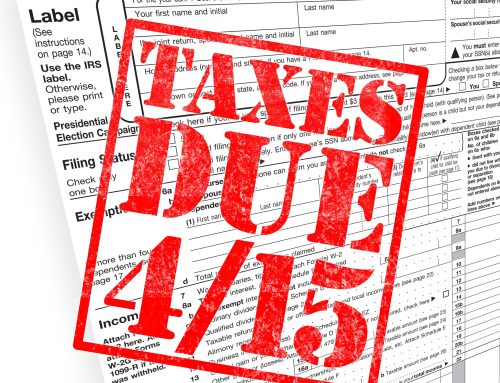Generally, home improvements are not deductible except to offset home gain when the home is sold. But a medical expense deduction may be claimed when the home modification is a medical necessity. For example, a house may need remodeling to accommodate different medical conditions. Perhaps some homeowners need more space now, so they might have to contact home addition contractors to see if they can make the necessary changes to their homes. Hopefully, this will help more people with medical conditions. The modification expense is only deductible as a medical expense to the extent it exceeds any resulting increase in the value of the property. They may need modifications to their front doors to help with easier access to their home. For those who are wondering how to go about this, they will want to visit this page to see which would be the best exterior door design to have.
For example, a doctor recommends that a taxpayer with severe arthritis have daily hydrotherapy. The taxpayer has a hot tub installed for a cost $21,000. A certified home appraiser determined the hot tub addition increased the home value by $20,000. The taxpayer’s medical deduction for installing the hot tub is only $1,000.
Not all improvements result in an increase in the home’s value. In fact, some improvements could actually decrease the resale value, such as lowering cabinets for an occupant confined to a wheelchair. In addition to all of the home improvements listed below, making sure that if someone, who is disabled in the home, has a bright, well-lit home. This not only makes the home more inviting and warmer but it ensures that everything is as safe as possible, especially in regards to maneuvering with a wheelchair and other aids. Going to companies like Home-Pro Electric, to sort out any electrics in the home or fixing any electrical issues. Always hire a good electrician service to make sure that there is no hassle with basic necessities like lighting within the home. There are many of these companies all over the US, so there is a lot of choice for customers anywhere they might be. For example someone who lives in Colorado could engage the services of someone like MZ Electric (for an Electrician in Southglenn, CO) to ensure they get the quality services they need. It’s not only just for hassle, but safety, electrics can be one of the main causes of housefires, so you need to make sure it is being safely and professionally installed.
Certain improvements do not usually increase the value of the home and the cost can be included in full as medical expenses. These improvements include, but are not limited to, the following items:
- Constructing entrance or exit ramps for the home
- Widening doorways at entrances or exits to the home
- Widening or otherwise modifying hallways and interior doorways
- Installing railings, support bars, or other modifications
- Lowering or modifying kitchen cabinets and equipment
- Moving or modifying electrical outlets and fixtures
- Installing porch lifts and other forms of lifts but generally not elevators
- Modifying fire alarms, smoke detectors, and other warning systems
- Modifying stairways
- Adding handrails or grab bars anywhere (whether or not in bathrooms)
- Modifying hardware on doors
- Modifying areas in front of entrance and exit doorways
- Grading the ground to provide access to the residence. Only reasonable costs to accommodate a person in a disabled condition are considered medical care. Additional costs for personal motives, such as for architectural or aesthetic reasons, are not medical expenses.
However, medical expenses can be claimed only to the extent that they exceed 10% of the taxpayer’s adjusted gross income (AGI). The 10% is reduced to 7.5% for taxpayers if either spouse is age 65 or over.
Please call this office if you have questions related to this deduction and whether you will benefit, tax-wise, from any impairment-related home modifications.






